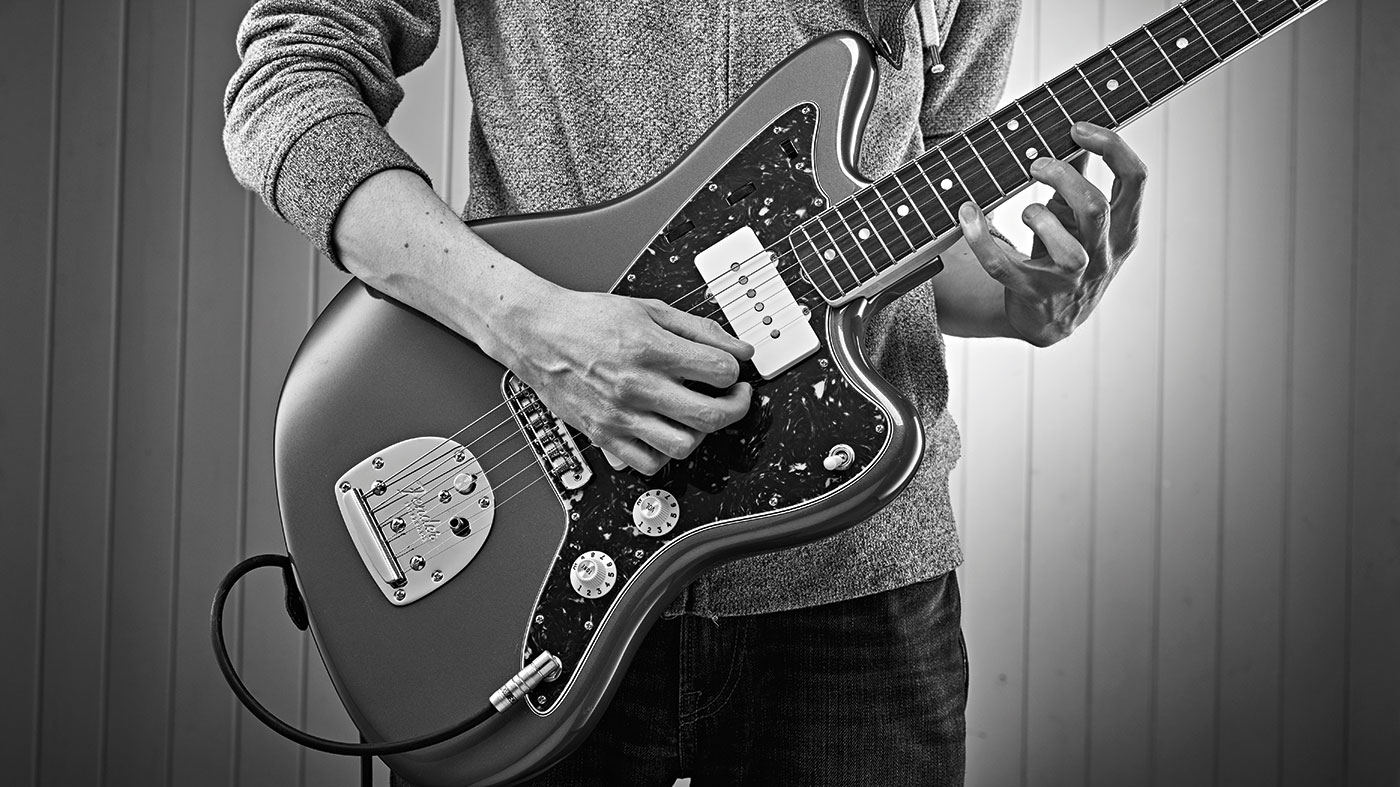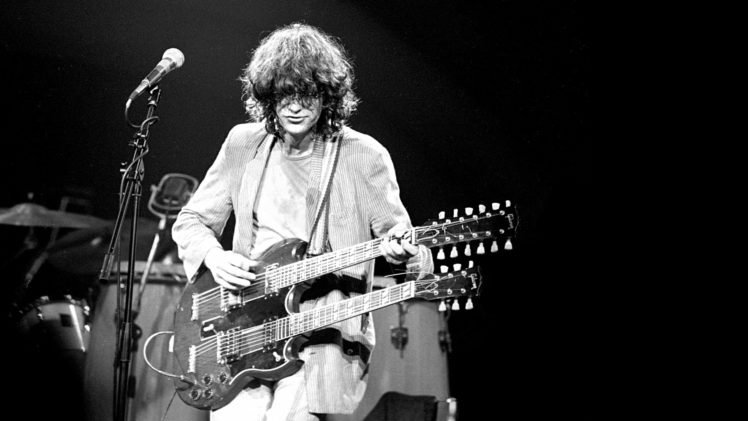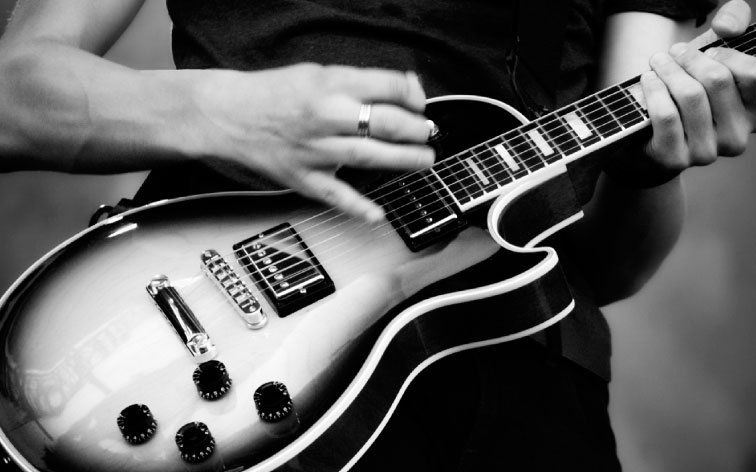When learning guitar, or indeed most things, your initial progress matched with your new-found enthusiasm will make for almost daily improvement. This slows down over time as you get further away from ‘no knowledge’ and begin to compare your progress with your idea of where you ‘should’ be i.e. you start looking into the future as oppose to the past. This is a double-edged sword as you’re both inspired by how far you’ve come, and also daunted by the ever-looming realization of just how much there is to learn.
They say it takes 10,000 hours to get good at something so if you’ve been playing for between 3 and 4 years on a fairly consistent basis you should be able to class your guitar playing as ‘good’. This is a crucial point as progress seems to slow down but what can you do to keep that momentum going?
Practicing Holistically
I class practicing as either holistic (relating to or concerned with wholes or with complete systems rather than with the analysis of, treatment of, or dissection into parts) or specific. An example of practicing holistically would be something like learning a tune as you’re dealing with a complete thing which requires you to leverage many different skills. If you sat down and learned Autumn Leaves, for example, you’d be improving your chord knowledge, your use of G major/E minor, you’d need to tackle chords that aren’t in the key, you may be sight-reading it or working it out by ear, improvisation etc. Learning a tune is going to improve your playing on a variety of levels. Or you could practice something specific like learning ‘Eruption’ by Van Halen. Now, learning Eruption will certainly improve your tapping skills and perhaps impress the ladies but it does little to improve your overall level of playing i.e. four hours spent learning Autumn Leaves will contribute much more to that sense of constant improvement than 4 hours spent tapping. I’m not saying that there’s no point in learning pieces such as Eruption, it’s just that the skill set employed is very specific.
Other Ways to Practice Holistically
Composition – Perhaps the most holistic way to practice is to sit down and compose something as you need to leverage pretty much everything you’ve learned up to that point. Composition requires discipline so set aside at least a few hours and observe how many different skills you’re employing as you go about the process of creation.
Ear Training – Probably a guitarist’s least favored way to spend valuable practice time but ironically ear training is one of the most beneficial things you can do to speed up your progress. This is simply because as a musician you need to use your ears almost all the time; they are your number one tool, therefore, it’s more than worthwhile to invest some time in them. Improving your ear will improve your playing across the board, especially if you transcribe tunes on a regular basis. This can be painfully slow at first, but the benefits far outweigh any initial struggles.
Jamming – Another great way to enhance your overall level is to jam with players that are more advanced than you. You’ll find that this creates the mental desire, and in turn, the physical impetus to play above your current level. If you jam with players who are below your level, either your ego will take over or your playing will actually temporarily worsen to compensate.
Sight-reading – Another favorite among guitarists is the art of reading music. The benefits are widely-known but don’t just limit yourself to guitar music, get some saxophone scores and play through those; your average sax player is way better than your average guitarist.
Repertoire – As I mentioned in the example, learning tunes leverages a wide skill set, and in building your repertoire you’ll be able to transfer those skills to new tunes. You’ll also unconsciously learn technique into the bargain but in a far more productive way than spending 3 hours doing sweep-picking exercises.
Have a teacher assess your playing – Last but not least, have a teacher watch you play and evaluate your playing. More often than not a teacher can make a whole host of minor adjustments which will improve your overall level almost overnight.



